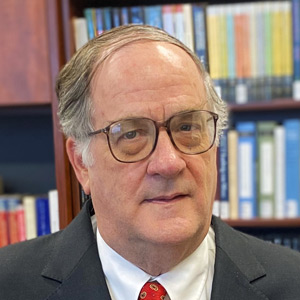In early 1998, U.S. secretary of education Richard W. Riley called for a “cease-fire” in the math wars between the proponents of solid content and the proponents of discovery-learning methods. He said he was “very troubled” by “the increasing polarization and fighting” about how and which mathematics should be taught from kindergarten through high school.
Despite this call for a cease-fire, the U.S. Department of Education endorsed ten discovery-learning programs in October 1999. This federal imprimatur should not be allowed to disguise the fact that content (such as dividing fractions and multiplying multidigit numbers) is missing from these federally approved programs and that there is no good evidence that they are effective. Discovery-learning math is often called by its critic’s “fuzzy math” or “no-correct-answer math.”
In response to the Department of Education, about two hundred mathematicians and scientists signed an open letter to Secretary Riley, which was published in the Washington Post on November 18, 1999. The signers, who included Nobel laureates and some of the country’s most eminent mathematicians, didn’t like the Department of Education’s new equation: Federal Math = Fuzzy Math. The letter asked Riley to withdraw the federal endorsements. The news stories that followed got at the essence of the debate.
Steve Leinward of the Connecticut Department of Education was on the U.S. Department of Education’s panel that picked the math programs that would receive federal approval. In an interview with the Chronicle of Higher Education, Leinward defended the approved programs as the least common denominator—“a common core of math that all students can master.”
Leinward is not saying that the federally approved programs cover the material taught in top-performing countries such as Japan or Hungary or that the programs contain complete coverage of elementary and secondary school math. What he and his fellow panelists want is a watered-down program that all American students—as currently trained—can master.
Mathematics professor David Klein of California State University at Northridge is a proponent of solid content. He is quoted in the Chronicle of Higher Education as saying that algebra is the key course for students, the gateway to success in mathematics and to success in college in general. Leinward says that Klein’s algebra-for-all position is elitist.
Here we have the central difference between the two sides. The rigorous curriculum side says that, like Japan, Taiwan, and Singapore, we can have algebra for all, preparing students for technical careers and college-level work. The water-it-down side says U.S. teachers and students aren’t capable of teaching and learning algebra.
These federal recommendations are for kindergarten through high school, which has serious consequences. In essence, the U.S. Department of Education, by making these endorsements, is closing the gate on going to college or even on technical blue-collar jobs for many students. And it is closing that gate as early as kindergarten.
This whole controversy was born in bureaucratic overreach. The Elementary and Secondary Education Act of 1965 forbids federally determined curricula. The U.S. Constitution doesn’t authorize it, and the results have been harmful and foolish.







